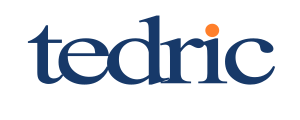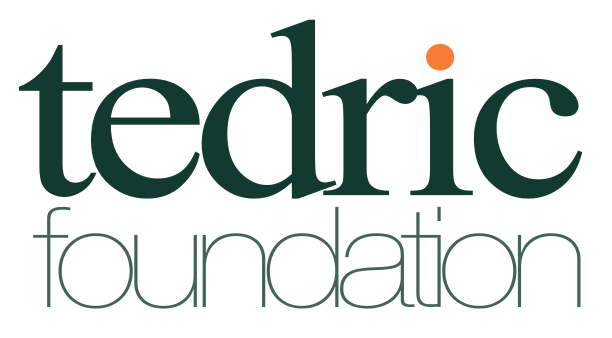
Education in Africa
Education in Africa shows positive trends, with higher primary and secondary completion rates and increased access to higher education, but significant challenges remain. Key issues include high rates of education exclusion, particularly for children in crises, and poor quality of learning due to outdated curricula and lack of resources. Efforts are underway to address these issues by promoting STEAM (Science, Technology, Engineering, Arts, and Mathematics) education, improving access through technology, and aligning curricula with job market demands, though challenges like gender disparities and underinvestment in research and development persist.
Progress and Positive Trends
- Increased Access
- : Primary school completion rates have significantly improved in sub-Saharan Africa, and more girls than ever are attending school.
- Higher Education Growth
- : Enrolment in higher education has doubled between 2000 and 2021, though it remains low compared to the global average.
- Focus on Lifelong Learning
- : Many African nations are making efforts to provide quality education and lifelong learning opportunities for their populations.
Key Challenges
- Education Exclusion
- : Despite progress, Africa has the highest rates of education exclusion globally, with millions of children out of school, especially in West and Central Africa.
- Quality of Education
- : Many students, even those who complete basic education, face a low chance of receiving a high-quality education needed for 21st-century success.
- Skills Gap
- : A large proportion of young people entering the job market lack the skills needed for employment, leading to high levels of unemployment.
- Gender Disparities
- : Gender gaps in education persist, particularly in higher education and STEM fields, which widen as students progress through the school system.
- Underinvestment
- : Underinvestment in research and development within African higher education limits innovation in critical fields.
Addressing the Challenges
- Curriculum Reform
- : There is a need to update outdated curricula and incorporate STEAM subjects to better prepare students for the evolving technological world.
- Technology Integration
- : Using technology and offline solutions can enhance formal education systems and democratize access to advanced knowledge.
- Public-Private Partnerships
- : Collaboration between governments, organizations, and edtech companies is crucial for improving educational resources and outcomes.
- Focus on Early Childhood
- : Ensuring access to early childhood learning is vital to prevent disadvantage in primary education.
Historical Context
- Traditional Education
- : Historically, education in Africa was delivered through oral storytelling, rituals, and community-based practices that transmitted knowledge, history, and social norms.
- Ancient Institutions
- : Some of the first forms of higher education, such as the School of Holy Scriptures in Ethiopia and Al-Azhar in Egypt, were developed in Africa.
